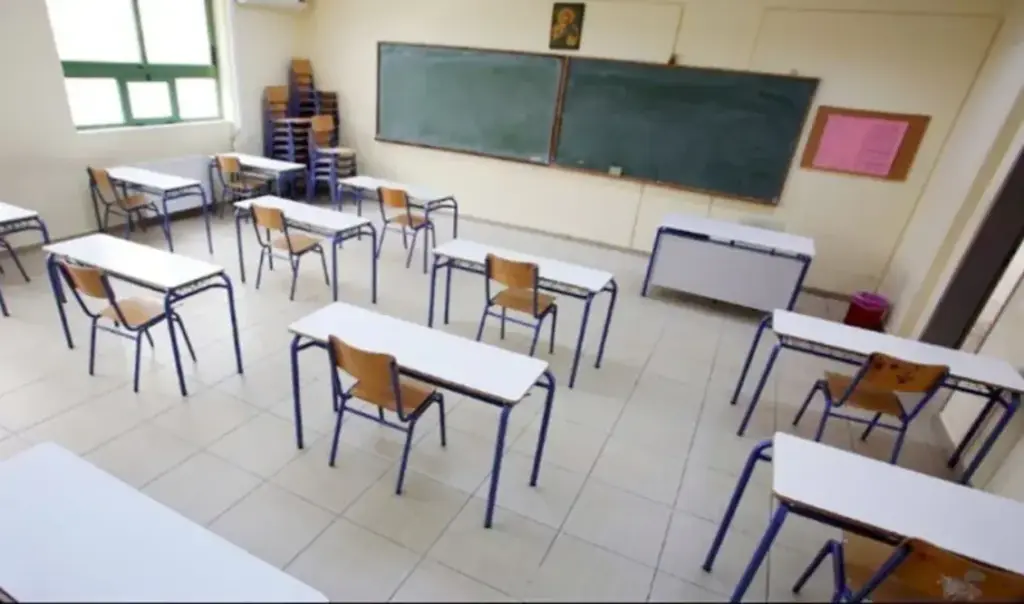More than 760 schools are suspended from operation this academic year in Greece, the Financial Times reports, noting that the number of students has plummeted dramatically. The closed schools, representing 5% of the country’s total schools, are not limited to remote villages and islands but also affect parts of Attica, with authorities warning of a “demographic collapse.”
“Our classrooms reflect the state of our maternity wards and birth rates, which have unfortunately been declining for decades in our country,” stated Sofia Zacharaki, Minister of Education and Religious Affairs. According to Education Ministry data, the number of students in primary education has decreased by more than 111,000 over the past seven years – a 19% decline since 2018.
“The drop is very rapid and in Greece it’s very steep,” said Alexandra Tragaki, Professor of Economic Demography at Harokopio University of Athens. Today, fewer people are of reproductive age compared to previous decades, she noted. This year, 766 out of Greece’s 14,857 schools will close because they don’t meet the legal minimum threshold of 15 students. Most are elementary schools, though closures are increasing at all levels.
Schools on islands near Turkey
While some schools may reopen if student numbers recover within three years, most do not. Exceptions include islands near Turkey and border areas, where schools remain open even with small student numbers, the Financial Times emphasizes.
Some exceptions exist. In Pserimos, the small Dodecanese island, the school will open for the first time since 2009, serving two elementary children and three kindergarten students.
“We keep schools open with fewer students than the law normally allows – an expensive decision, but we believe it’s necessary,” Sofia Zacharaki stated.
Nearly twice as many deaths as births
Greece’s sharp demographic decline began during the debt crisis of the 2010s, the FT notes.
Since 2011, deaths have consistently outnumbered births. Between the 2001 and 2021 censuses, the number of women in the prime reproductive age group of 20-40 years decreased by 500,000 or 31%.
Combined with the exodus of educated Greeks abroad seeking better prospects during the crisis years, the result was a sharp reduction in the number of potential parents.
By 2022, annual births had fallen below 80,000, while in 2023 deaths were nearly double that number. Greek women now have their first child at an average age of over 32. Fertility has dropped to 1.35 – among the lowest in Europe – and births outside marriage remain rare.
Officials acknowledge the impact of school closures, the FT writes, particularly in rural areas where some children may travel up to 80 kilometers daily.
However, demographers argue that financial incentives alone are unlikely to reverse the trend.
“No child will be left without access to education, regardless of how remote their home is,” Sofia Zacharaki promised.
Other industrialized countries with strong social welfare systems and high-quality childcare services, such as Denmark and Sweden, have also struggled to raise birth rates above replacement level, the FT concludes.




